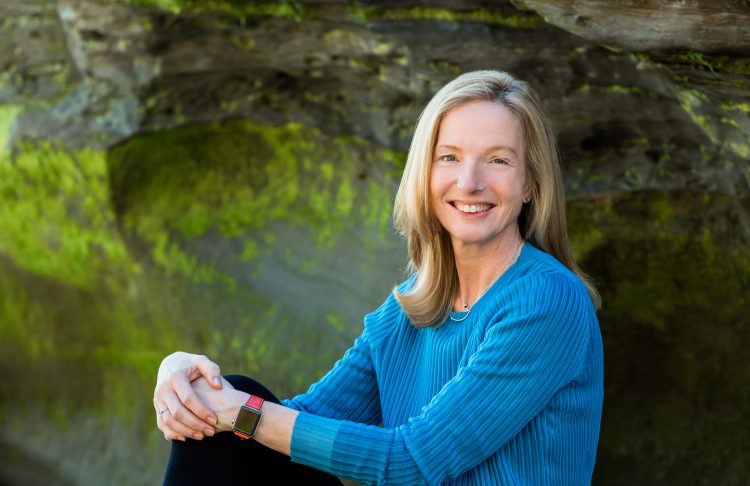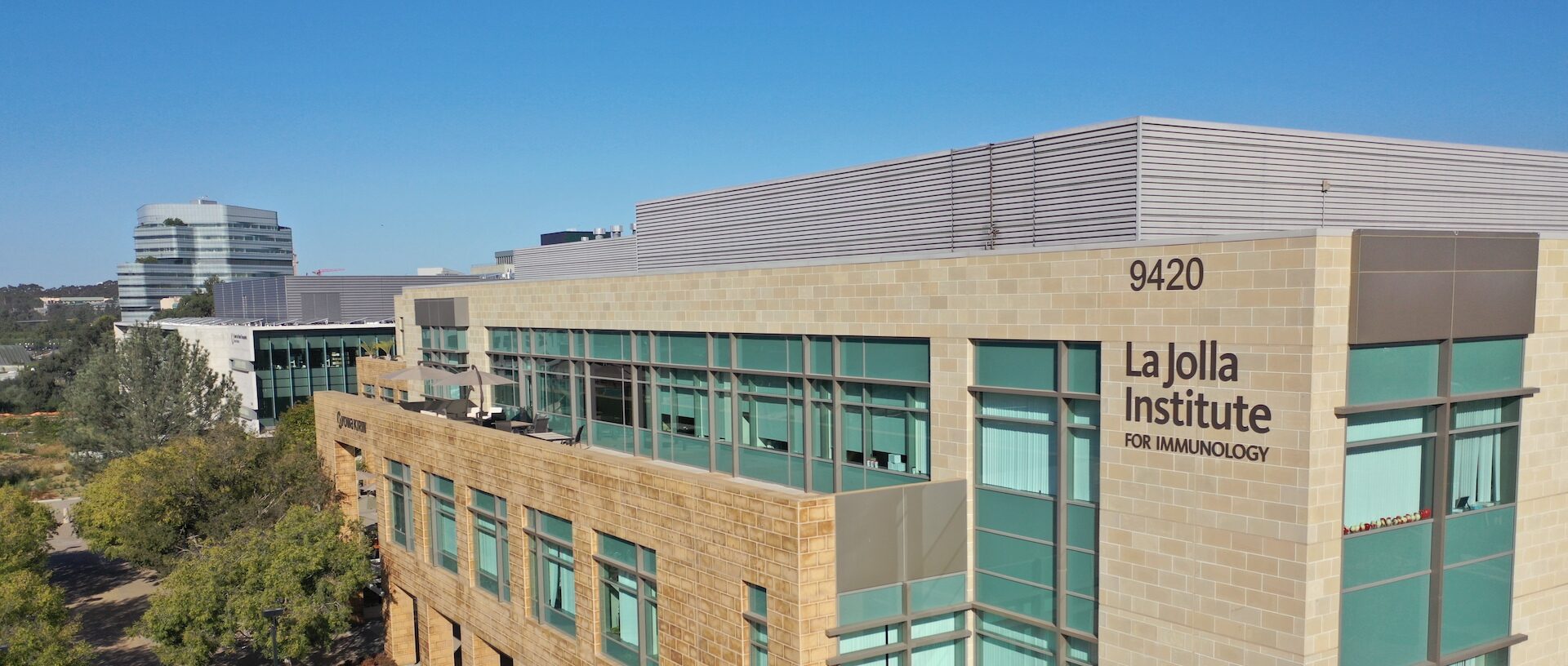Among the many responsibilities of a research scientist, mentoring the next generation of young researchers is probably the least recognized. But even the most naturally gifted and independent-minded young researchers benefit from some guidance to channel their often boundless energy toward reaching critical milestones. “I take it very seriously because they are putting their future in my hands,” says Dr. Hedrick, Professor in the Division of Inflammation Biology. “I really care about how well they do, how fast they progress. So, I try to help them keep their research projects focused and moving forward.”
Just as her protégés transform under Dr. Hedrick’s guiding hand, her own research keeps evolving. Dr. Hedrick started her research career studying cardiovascular disease, which is one of the complications of diabetes. Slowly, her work pivoted toward understanding the role of immune cells, such as monocytes and T lymphocytes, in cardiovascular disease and cancer. A recognized leader in her field, Dr. Hedrick was recently awarded a five-year, $13 million grant by the National Institutes of Health to lead a collaborative research program to study how the metabolism and function of these immune cells change during cardiovascular disease progression in humans. And she just added another large collaborative research grant from the National Cancer Institute to understand how immune cells transform in cancer.

How did you become interested in science?
My mother had type 1 diabetes, and when I was about 7 years old I decided that I would either become adoctor or a scientist, cure diabetes, and help my mom.
That’s a long way from what you are studying now?
It set the stage and I just kept going down that path. As a graduate student I worked in a lab that studied heart disease, which is a complication of diabetes, but it wasn’t really diabetes research per se. When I started my own lab, I initially focused on type 1 diabetes, which was what my mother had. Ultimately, I started working on type 2 diabetes, but I was always more interested in studying the complications of the disease.
What are the main research findings from that period?
We discovered that even in type 1 diabetics there is an accelerated incidence of cardiovascular disease, which hadn’t been known at the time. It had been well known for type 2 diabetes but not type 1. We looked at the consequences of elevated glucose levels on blood vessels and vascular wall function and how this contributed to heart disease. Over time, immunology started to play a bigger role in my research. It was still cardiovascular-based but my research became more and more immune cell-based.
When did the critical role of the immune system become apparent?
For me, it changed about 15 years ago. I remember going to research conferences on cardiovascular disease in the early ’90s. Back then, there was only one immunologist in our field and he was very famous. He said, “Look, there are T cells involved in cardiovascular disease and we should really treat it as an immunological disease.” People stood up telling him that he was absolutely wrong and that his work was an artifact. Now we know that he was right all along. That was one of the reasons I moved to La Jolla Institute, to study the immunology of cardiovascular disease in a world-class research environment.
Has moving to an immunology-focused institute changed how you approach certain questions?
This move was the best thing I ever did, both personally and professionally. Professionally, it is a world-class immunology institute, so I knew that I would have the tools to explore the disease from a new perspective. Although we knew that the immune system played an important role, we had barely scratched the surface. At LJI, I could immerse myself in immunology and it really helped.
Are there any advantages to LJI’s small size?
When I came here, I had more freedom and more time to think, which made me more creative. But the most important difference is that people here have a different attitude: anything’s possible. You may fail but you go for it. That is a completely different attitude than I know many of my colleagues across the country have, and it has changed the way I run my lab. It propelled my lab to make larger, more important discoveries and allowed us to publish in higher-quality journals. We could never have made our discovery about patrolling monocytes and cancer anywhere else.
Why is mentoring young scientists so important to you?
Trainees come to my lab because they like my science and they trust me to help propel them toward an independent research career. I tend to hire postdocs who are just starting their training. Their research abilities are still not very polished but I can see the potential in them. Everybody has a different personality and a different approach to their experiments and it is very satisfying to watch these trainees grow and develop.
What do you look for before you invite a postdoc to join your lab?
I first look at what they’ve done so far in terms of science and what they are interested in studying. But then I try to have people interview in person because then you see their personality and personality is actually very important. I get a feel for whether I can mentor that person effectively because if I can’t then he or she will not do very well in the lab.
What does it take for a young scientist to be successful?
They are all really smart, so that’s not what distinguishes them. When I was a postdoc at UCLA, I was taught by my mentor that if you took scientific risks and did challenging experiments that many times you would fail, but in the long run it could pay off and lead to a major discovery, and that’s what I’ve seen in my lab. The postdocs who are really successful are creative, determined, and not afraid to tackle that challenging experiment that’s going to take them six months to figure out how to do. Those are the trainees that will make it. And those qualities are what I look for.
What is the most fulfilling aspect of being a scientist for you?
For me, it’s twofold. We study cancer and cardiovascular disease and any discovery we make that could lead to a new treatment, a new biomarker, or help patients in some other form is a huge thing for me. The other is watching these “kids” of mine, these postdocs, develop into amazing young scientists under my watch and then step out ontheir own and become really successful.
How do you balance your busy life as a scientist?
I don’t read science textbooks [laughs]. I work out a lot. I especially like running on the beach. It is great for my health and it is good for my brain. I have written many a grant in my head while running on the beach. It really helps me clear my mind. Another important part is spending time with my family. I have a 14-year-old son who is a wonderful kid. He can talk about “monocytes and immune cells” with his friends, and he is very proud of what I do but he is not scientifically inclined himself. He says I work too hard!


